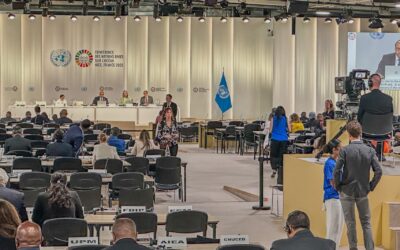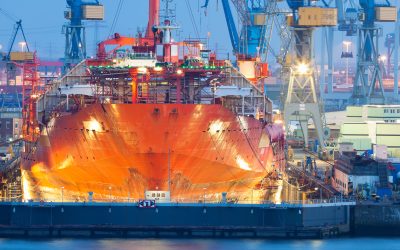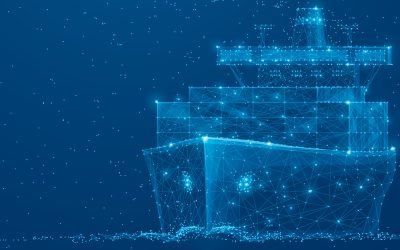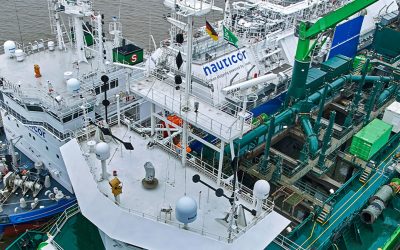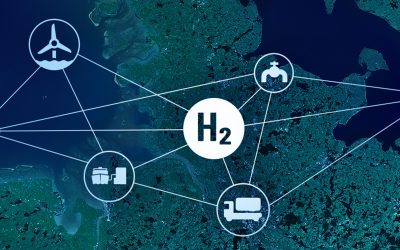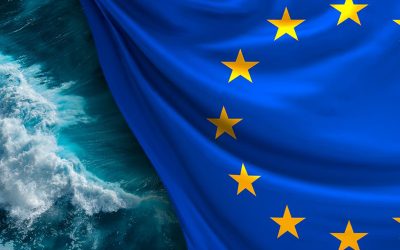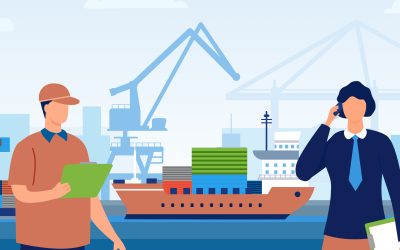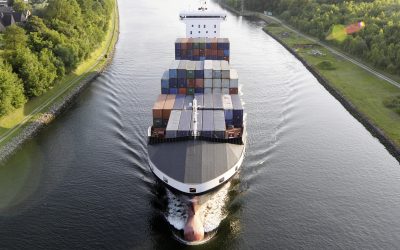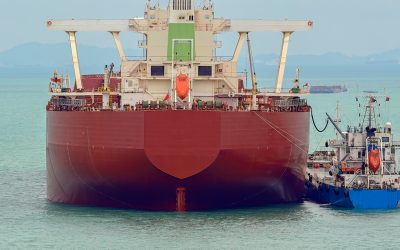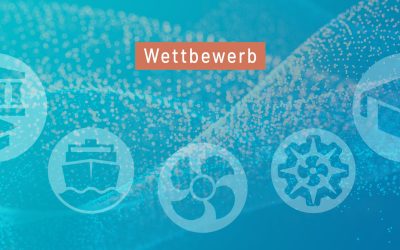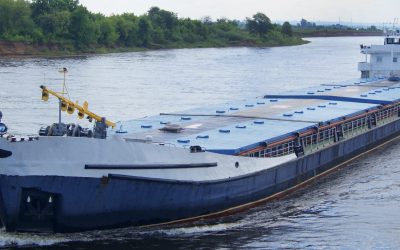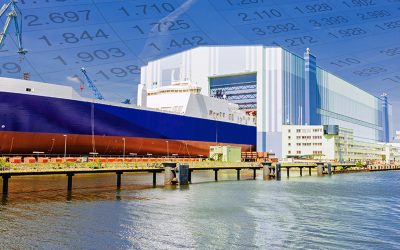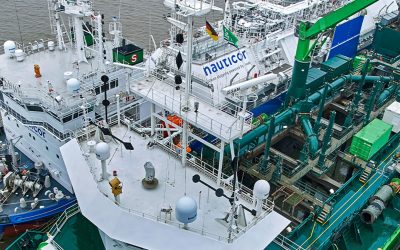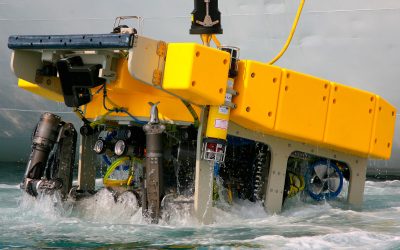Questions about the supply chain of the future were the focus of the online event “Supply Chain Stability – Learning from the Crisis”, jointly hosted by the German Maritime Centre and the Maritime Cluster Northern Germany (MCN) on 1 June 2022. About 100 people from the maritime industry attended. Researchers and practitioners from many different sectors reported on their experiences with the recent problems along global supply chains and presented concrete proposals for improving the situation, which is still tense in many cases. There was widespread agreement that the functioning of global supply chains will continue to be of paramount importance for the maritime sector as well as for the German and international economy as a whole.
The hosts Jessica Wegener (managing director of MCN) and Claus Brandt (managing director of the German Maritime Centre) underlined the need to make global supply chains more stable in the future. They thanked the speakers from research organisations, industry associations and companies for their ideas and for the opportunity to jointly derive important insights from the maritime industry’s current best practices for application in the future. “The COVID-19 pandemic, the blockade of the Suez Canal and currently Russia’s war against Ukraine have shown us in all clarity how vulnerable our supply chains and the global flow of goods are and how important it is to make them more resilient in the future”, said Jessica Wegener. “It is to be expected”, said Claus Brandt, “that the disruption of global supply chains will bring the global exchange of goods to its limits and lead to regional supply chains gaining in importance”.
Prof. Dr. Michael Bräuninger from Economic Trends Research introduced the topic. He spoke about the “extreme tensions in supply chains” that the COVID-19 crisis and the war in Ukraine had led to. As a result, supply chains were “at least temporarily broken and could only be repaired in a makeshift way so far”. The trend and economic researcher emphasised that, in his view, this would not reverse globalisation in the long term and that he did not expect supply chains to become renationalised: “Supply chains will remain global but will be more diversified.”
Prof. Dr. Burkhard Lemper from the Institute of Shipping Economics and Logistics took a special look at maritime supply chains: “There are long lines of ships waiting for clearance in more and more ports”. This is affecting North America, the People’s Republic of China and also Northwest Europe. The causes are manifold and range from local, pandemic-related lockdowns to high utilisation rates to bottlenecks in hinterland traffic. “The consequence is a further shortage of capacity for container ships and boxes.” In the other large segments of global shipping, such as bulkers and tankers, the effects of the Ukraine war are now being felt and are leading “at least in part to higher utilisation and rising rates”.
In parallel workshops, there was the opportunity to learn about experiences and conclusions from the tense situation from a sector- and company-specific perspective. Above all, the concrete lessons of the different market participants were the focus of interest.
Mathias Pein, CEO of Piening Propeller, for example, emphasised the necessity of selecting supply chains “extremely carefully” with regard to quality and transport routes, especially in the project business. Sven Harpke of the Krebs Group, which is active in heavy-cargo logistics and (with its own fleet) in offshore support, emphasised “the high availability of technology” as a basic requirement for maintaining supply chains. Against this backdrop, “outsourcing is not always a guarantee of flexibility and independence”.
“Many supply chains are thousands of kilometres long, and things can go wrong, even in normal times”, said Dr Alexander Geisler from the German Shipbrokers’ Association, who chaired the workshops on shipping. He emphasised that “the times when delays in ports or in the hinterland are made up for by higher speeds at sea are definitely over, in view of the higher bunker costs and the emission reduction targets”.
With Sven Buckenberger (Ernst Heinrich), Daniel Hosseus (Central Association of German Seaport Operators, ZDS) and Carsten Löhmer (Loewe Marine), other stakeholders from the areas of shipbuilding suppliers, offshore wind and marine technology, port operations and shipping also shared their experiences and conclusions and provided important good practice ideas.
At the end of the event, Vincent Stamer, trade policy expert at the Kiel Institute for the World Economy, gave his assessment of the situation. International trade has a future, he said, but will have to “adapt due to geo-economic tensions, lessons from supply shortages and aspects of sustainability”. In the light of recent disruptions, economic dependencies must therefore be reflected upon anew.
Claus Brandt summarised: “Until the start of the COVID-19 pandemic and the war in Ukraine, business processes were designed in such a way that lead times were tight, costs were low and processes were efficient. The question of efficiency now arises in a different form: If there is no material and no products, nothing can be sold. So the processes have to be planned with more slack time. We will have to learn that ‘just in time’ is over.”
Please do not hesitate to contact us if you have any questions.
Press contact:
Dr. Regine Klose-Wolf
Head of Communications
+49 40 9999 698 -51
+49 1590 189 1929
Klose-Wolf(at)dmz-maritim.de
Sandra Rudel
Press and public relations
Maritime Cluster Northern Germany
Wexstr. 7
20355 Hamburg
+49 40 227019 – 498
sandra.rudel@maritimes-cluster.de
www.maritimes-cluster.de

